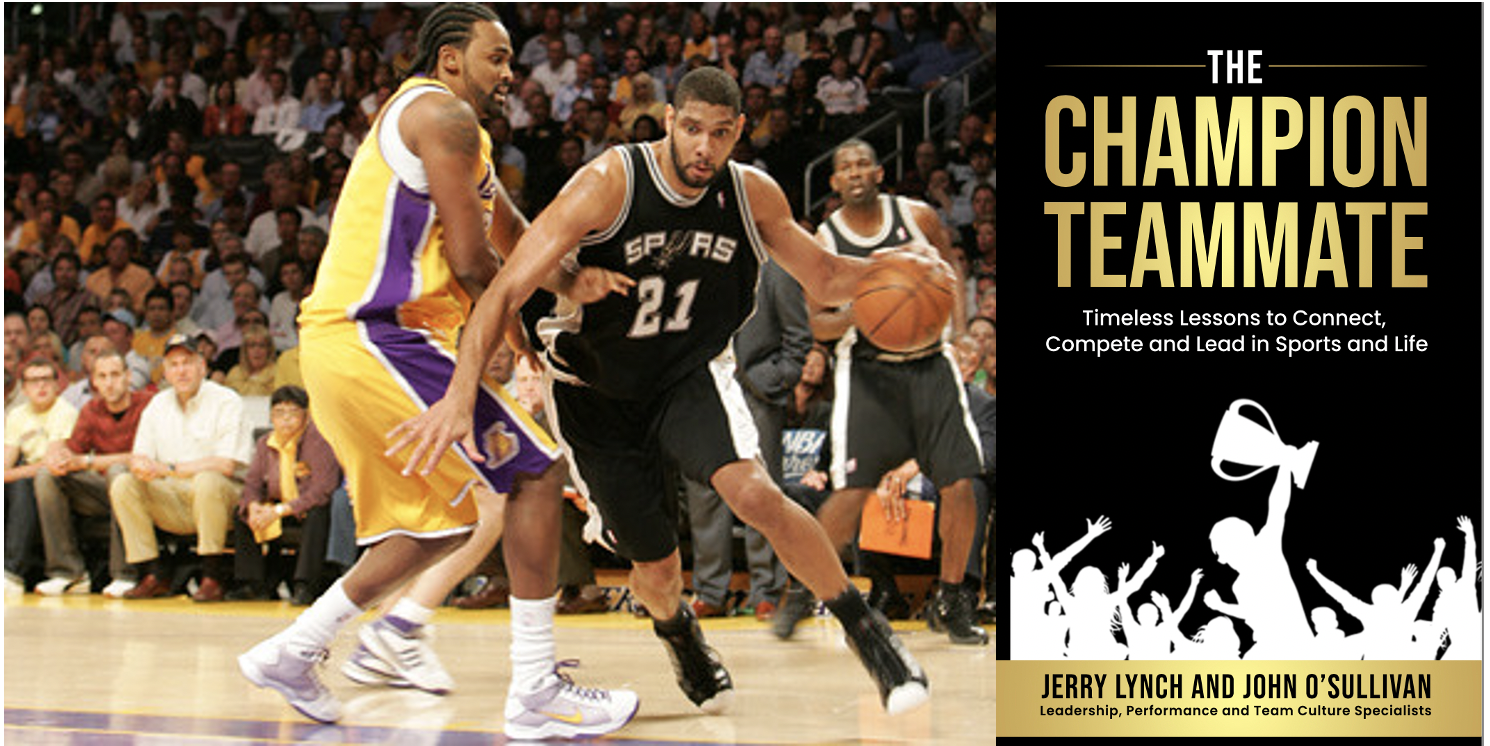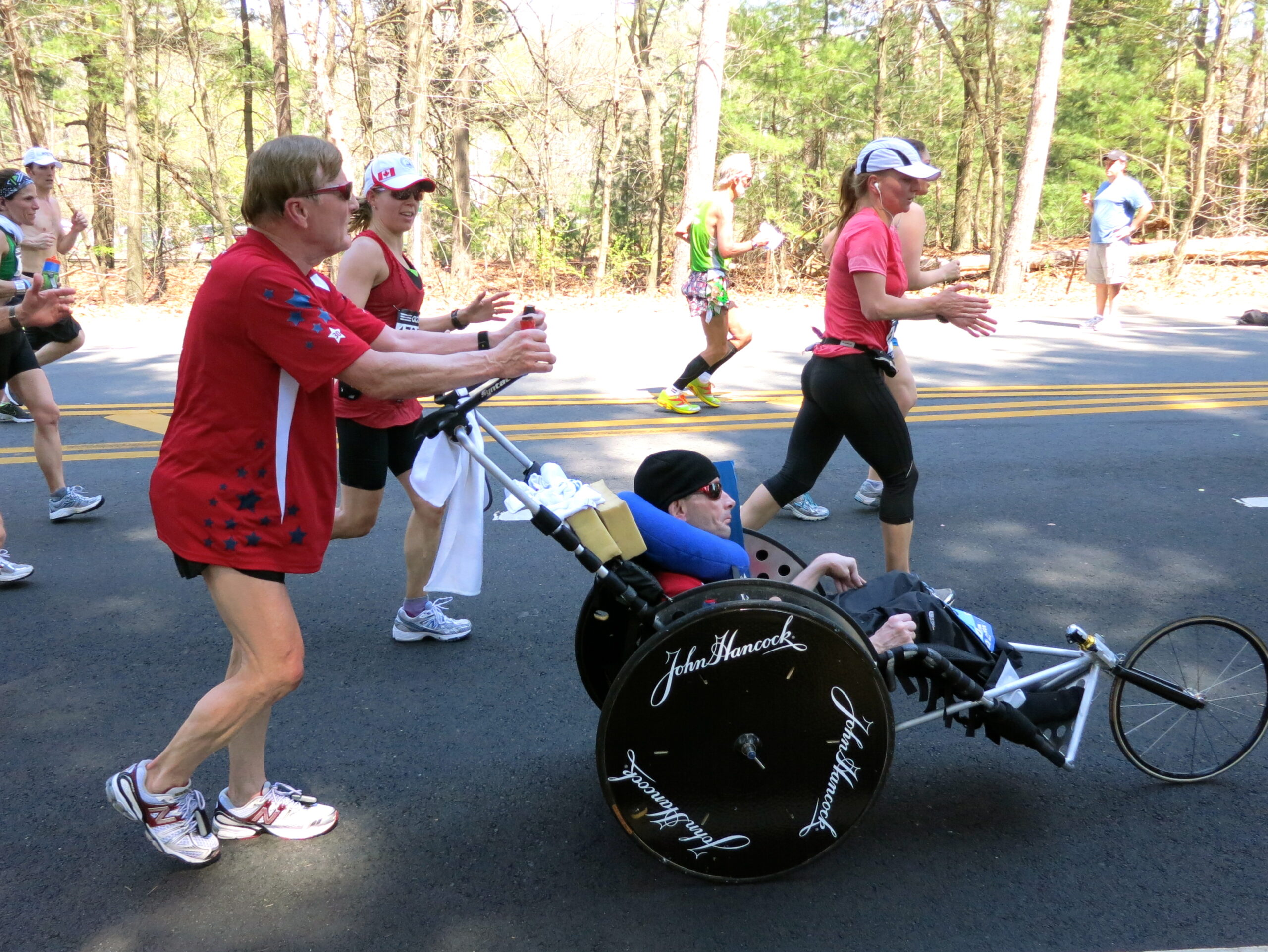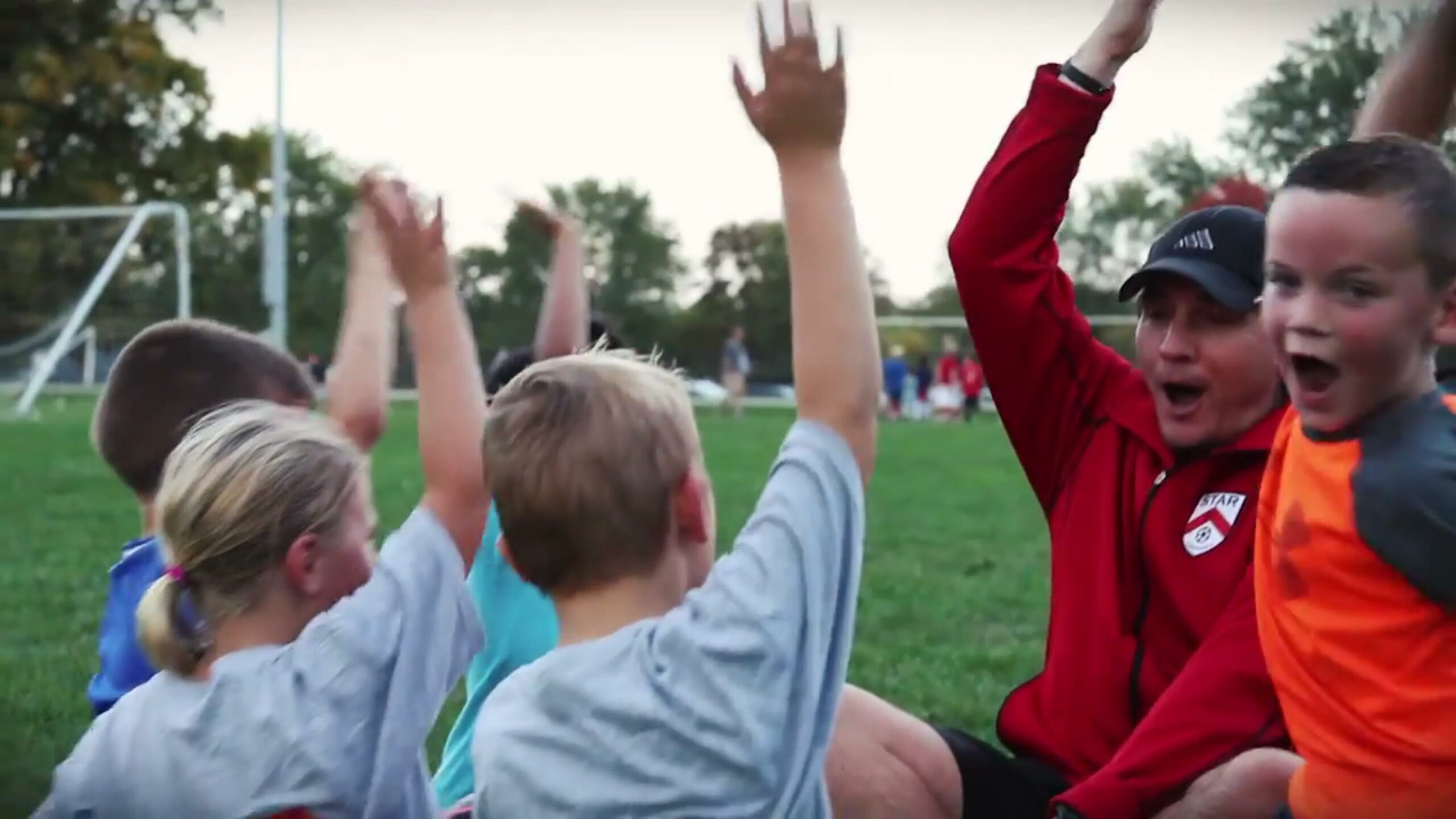(This week we wanted to share another chapter from the leadership section of our new book The Champion Teammate: Timeless lessons to Connect, Compete and Lead in Sports and Life. This chapter is about humility, and shares some great stories of legendary athletes who were so incredibly humble and willing to share any accolades that they led their teams to numerous championships. Please click here to order your copy of The Champion Teammate, and email [email protected] if you are interested in a discount for ordering 10 or more books ot share with your team.)
Chapter 20: Have a Humble Heart
Do not boast overly. Keep the jade and treasures reserved within the bosom. A posture of a humble heart will bring blessings from all directions.
—Lao-Tzu, Tao Te Ching
As long as you don’t have entitlement in your program, you’ve got a shot.
—Kirby Smart, two-time national champion football coach at Georgia
Humility is one of the essential traits of great leadership and Tim Duncan, the NBA Hall of Famer and five-time NBA champion center with the San Antonio Spurs, is a perfect example of the humble leader. He consistently praised his teammates and coaches when people tried to heap accolades upon him. He did not engage in trash talking, instead letting his play do all the talking needed.And he was never above doing the small things.
In one famous story shortly after his retirement, Duncan was working out with a Spurs rookie who was out of shape after being out injured for two months.The workout was so intense that the rookie vomited all over the court. Immediately Duncan grabbed some towels and cleaned it all up, looked at the player and said, “Get back on the court, we have work to do.” If a Hall of Famer wiping up the vomit of an NBA rookie is not the ultimate sign of humility, we don’t know what is.
An exquisite example of humility could be observed during the era of iconic basketball coach Dean Smith at the University of North Carolina. It was he who influenced generations to come by implement- ing his concept of “pointing the finger.” Whenever a Tarheel scored a basket off an assist from his teammate, he would humbly give credit to the teammate who gave the assist by pointing the finger at him as they ran back on defense. Deflecting attention toward other team members for their contribution to your success is the epitome of being a humble champion teammate.
One final example of humility is NBA Hall of Famer Bill Russell. He is considered one of the greatest teammates ever, in any sport. He won eleven NBA championships, two NCAA titles, and the 1956 Olympic Gold Medal, and always embraced a role of doing the dirty work for his teams. He played defense, rebounded, and blocked shots, redefining how his position was played. He could score points when called upon but was more than happy to serve and make his team- mates look good.“The most important measure of how good a game I played,” said Russell, “was how much better I made my teammates play.” Russell was a samurai teammate.
The word samurai in Japanese means service with heart, honor, and integrity. In this sense, the samurai teammate is the ideal teammate, one who serves and leads the team with heart. Service is not about servitude or catering to all the wishes of your teammates. It’s about valuing them and adding worth to their lives.
When you lead in the samurai way, you gain more power, not over your team but power to influence and help navigate change and growth. Samurai teammates embody profound compassion and wisdom in their consistent efforts to promote the growth of everyone on the team. Being a samurai teammate is about transformative action that can change the relationship between you and your teammates.That trans- formative action happens when you can:
- admit mistakes and be vulnerable,
- mediate conflict in a cooperative way,
- listen attentively,
- acknowledge all opinions,
- be patient and understanding,
- be demanding out of love for the benefit of the growth of others,
- catch teammates doing something right, and
- perform acts of random kindness.
This is not to say that you cannot be happy and proud of your achievements. Cherish the moment, celebrate your efforts, and, at the same time, be aware that without your team, you would not be the athlete you are.When you think about it, all of your accomplishments in life have been the result of others’ input and help. To brag, boast, or get involved with self-aggrandizement is a sure sign that you are insecure.
Oftentimes we are the recipient of praise and attention because of what we accomplish. To keep himself in line with the truth, Jerry tells himself that he is a mere hole in a flute where the breath of those much wiser than he is goes directly through him (the hole) to others who benefit from that wisdom.Without doubt, he is humbly aware that without these giants, he could not do his work and make a difference in the lives of others. So it is with you as well. Being an exceptional teammate means to be aware that the power of your influence is directly related to the assists you have received from others in your life.
In sports, humility provides you with clarity, while arrogance makes your vision cloudy. Humility enhances your capabilities and relieves the stress and pressure of trying to hold up a false image, and in the end, you are often the recipient of praise and recognition because of your humble nature. Have you ever noticed that individuals who put themselves last seem to be regarded as first? As the old saying goes, “A mistake that makes you humble is better than an achievement that leaves you arrogant.” That is ancient wisdom that is so meaningful in modern sports. Athletics is an arena where many crave attention. Many feel a need to self-promote and prove their worth. A champion teammate steps aside and lets others experience the accolades of success. Such a team- mate realizes that accomplishments are team-generated rather than the work of any one athlete.The humble teammate is well aware of the synergistic interdependence of the entire team.
History teaches all of us that being humble is more potent in achieving your goals and being successful than always trying to prove yourself. Ironically, the act of being humble IS success. Champion teammates like Steph Curry, Tom Brady, Abby Wambach, and others manage to hold on to their humble roots.And the magic ingredient of all special teammates is having a strong sense of self and feeling secure within.
Confucius claims that humility is the solid foundation of all virtues. The key to being a great teammate is to stay humble and never think for one moment that you are better than anyone else on the team.This will give you power, not over others, but the power to influence them in positive ways. Notice how all rivers flow to the ocean because the sea is lower.We are all humans, and we crave acceptance, connection, caring, and love in humble environments.
Optimize Your Performance
1. Here are a few of the ways to practice humility:
a. Shower teammates with credit to help them display higher levels.
b. Encourage your teammates to give you valuable input and opin- ions about your contribution or lack of it.
c.Ask your teammates the question,“How can I be a better team- mate for you?”
d. Ask yourself, “What do I need to start doing—that I’m not currently doing—to be humble?”
e.Ask yourself,“What do I need to stop doing—that I am currently doing—to be more humble?”
f. Is the Tim Duncan story relevant to you as a leader?
2. Discuss the stories of the UNC men’s basketball team, Bill Russell, and Tim Duncan. How can your team show this same level of humility? How can you share credit and acknowledge assists? How can your more-experienced team members show the level of respect to a young player like Tim Duncan did? How can your senior players do the dirty work like Bill Russell?













Comments